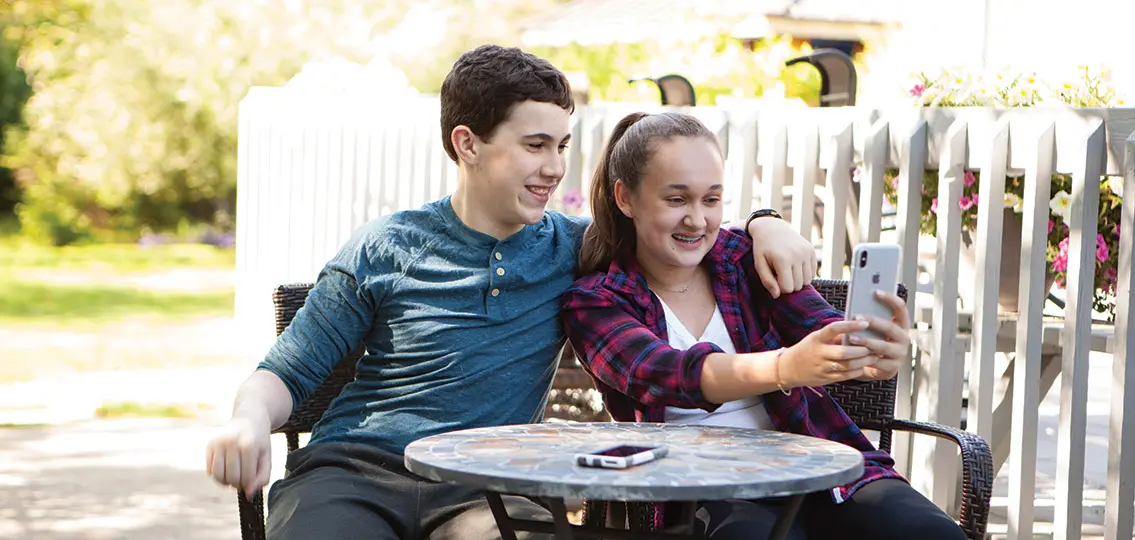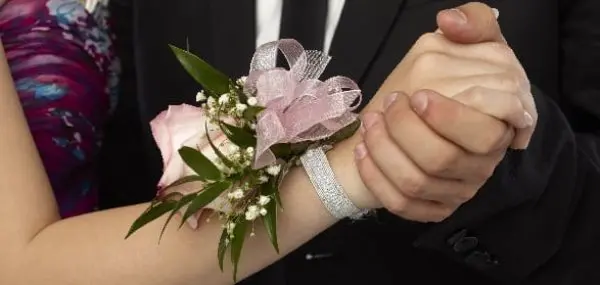Talking about any serious or personal subject with your teen can be tough, especially when it comes to romantic relationships. This gets even tougher if you suspect that your teen might have an abusive partner.

Teens who’ve experienced dating violence often minimize the abuse. Or defend the abuser. Or accuse parents of not understanding the depth of their love and relationship.
Expectations for Healthy Relationships
It’s best to begin this conversation before your teens start dating or while they are in the early stages of dating. At this point, you can put the topic of healthy and unhealthy relationships into a more generic context. For example, you can use a movie, TV show or even a news story about an abusive relationship as a conversation starter. “What do you think about how X treated Y? Do you think that person’s actions/words were justified? Would you go out with someone who treated you that way?” In this way, you can learn about what your teens expect from a dating partner and share your thoughts and expectations as well.
You can go on to ask questions about their friends’ relationships and their own experiences. Some teens will be willing to share a lot. Some not at all. It is important, however, to start the conversation and remain open to when your teen may want to talk.
How to Reinforce Healthy Relationships
1. Be a great role model:
Even young children notice how their parents behave as a couple: how they resolve problems and deal with conflict. Although teens may not seem to care, they take note of what they see. Perhaps even more so now, as they are dating or thinking about dating. Before talking with your teens, take stock of your own past and present relationships. Consider what worked, what didn’t work, and what you learned. Think about how you can use this knowledge in your conversations.
2. Accept silence
Remember that your teens might not respond right away when you, the parent, discuss uncomfortable or difficult topics with them. If there is a lot of silence, you can say, “You got really quiet when we talked about … Why is that?”
3. Enlist an ally
Even if you have a great relationship with your teen, it’s a good idea to have an ally: someone who shares your values and to whom your child feels comfortable going for help and advice. Perhaps your teen wants to talk about a sexual experience but doesn’t want to go to you. Make sure there is another adult: a trusted relative, a member of the clergy, a guidance counselor or a best friend’s parent. You and your teen should both agree on the actual person, and you should both agree that all discussions with the ally remain confidential, unless it involves harm to self or others.
4. Have patience and hope
Not everything will be discussed and resolved during one conversation. Good communication takes time and practice. You are planting seeds that, with your support, will develop. Teens usually hear more than they are willing to admit, and much of what you say will be remembered and used later. However, if you do suspect your child is in an unhealthy relationship, either as a victim or a perpetrator, than you should reach out for help.





